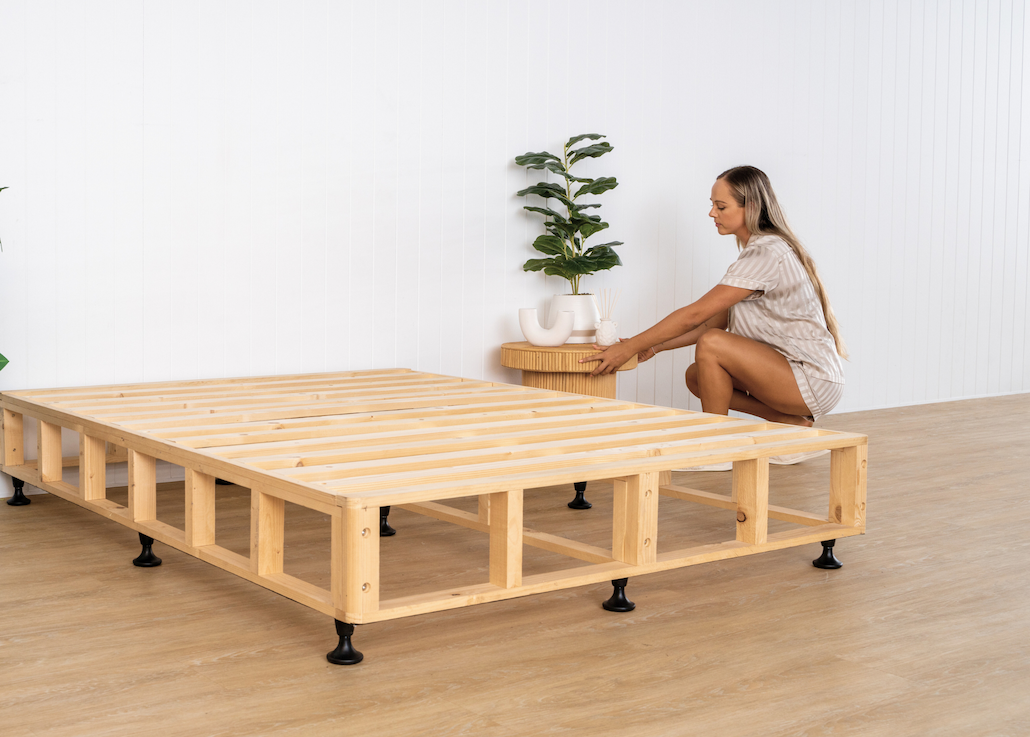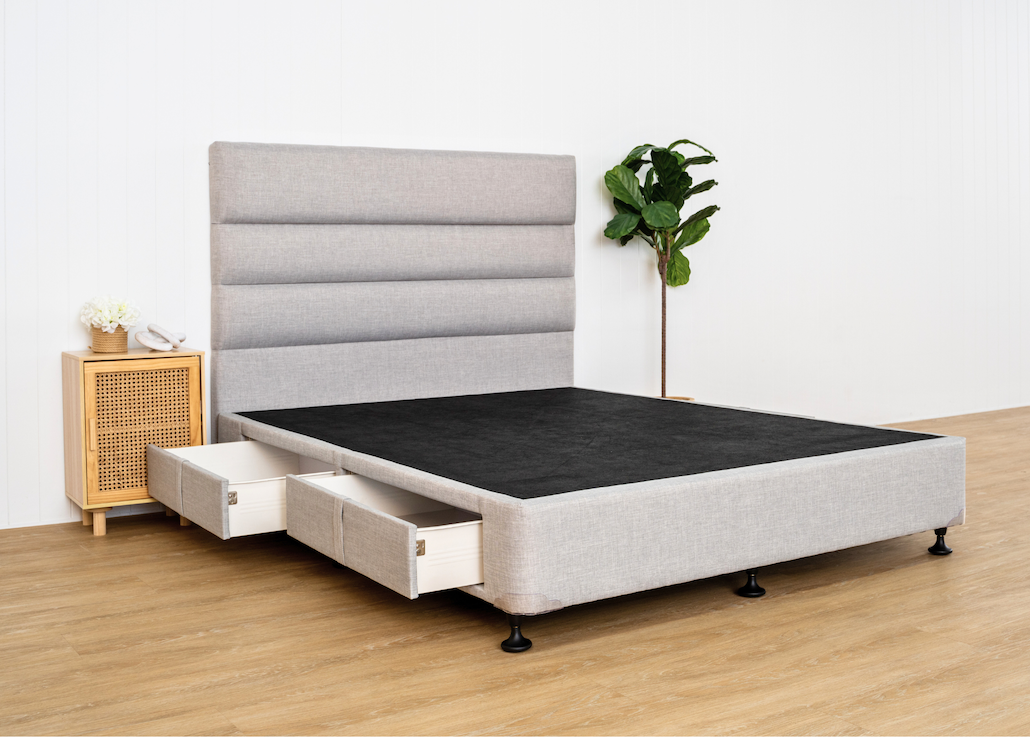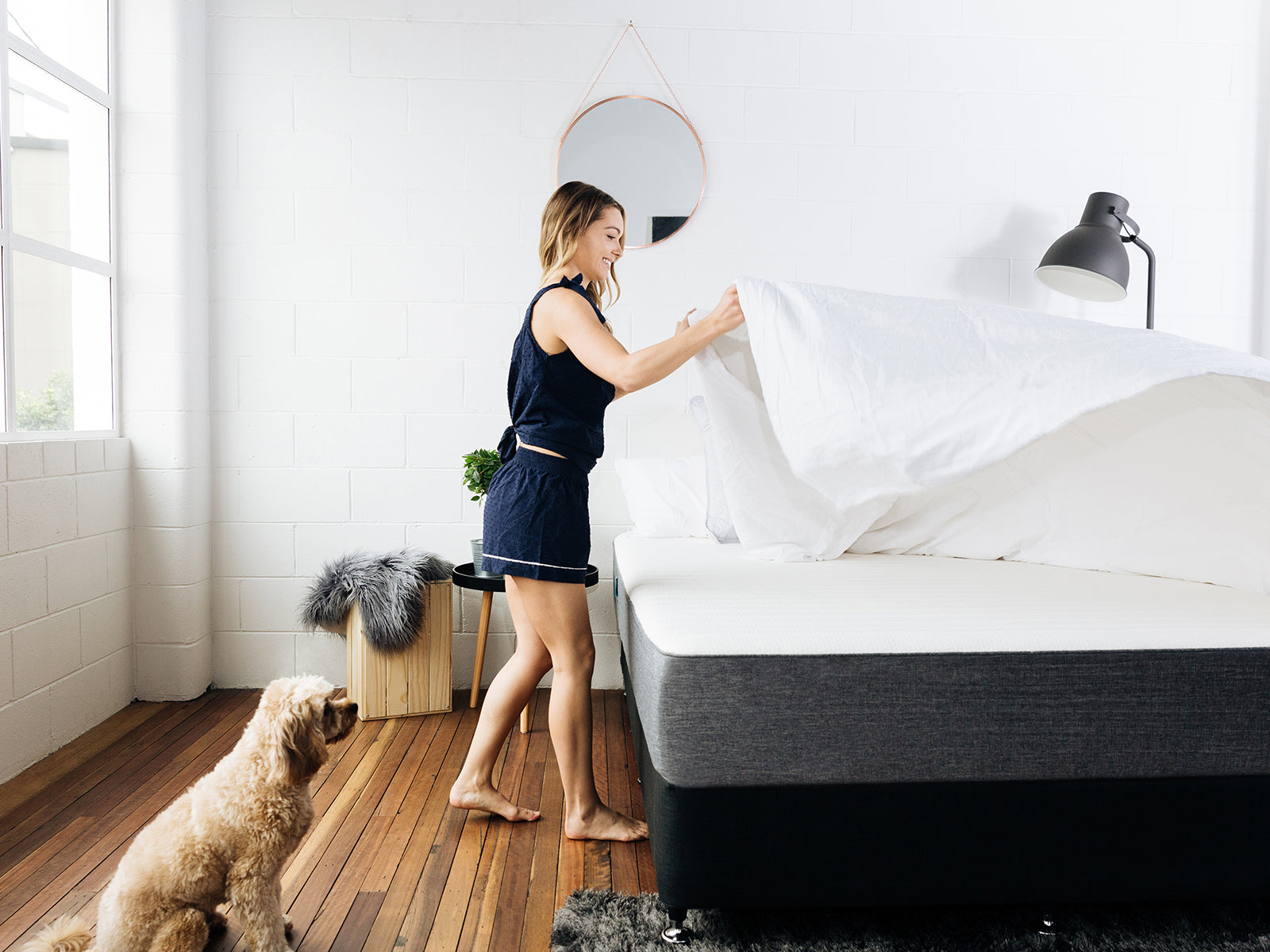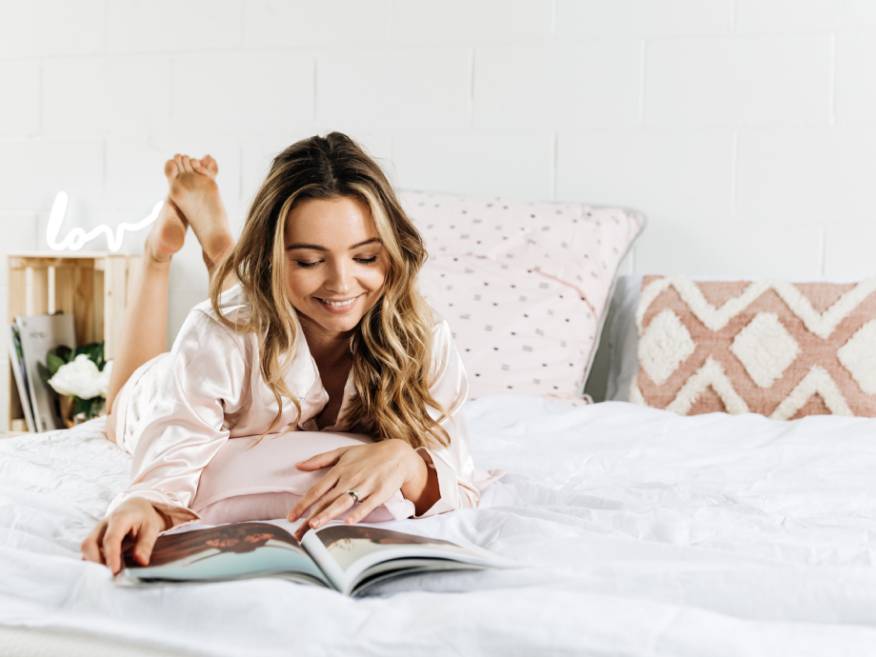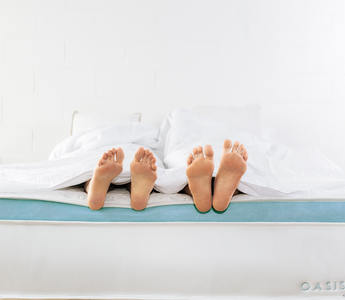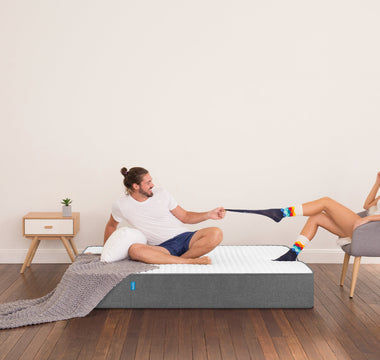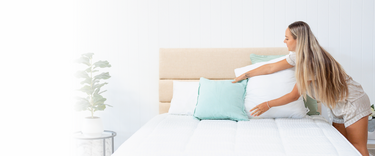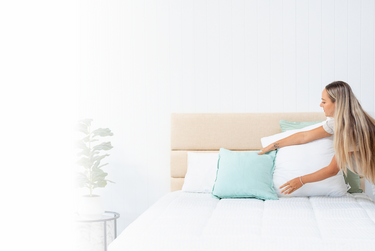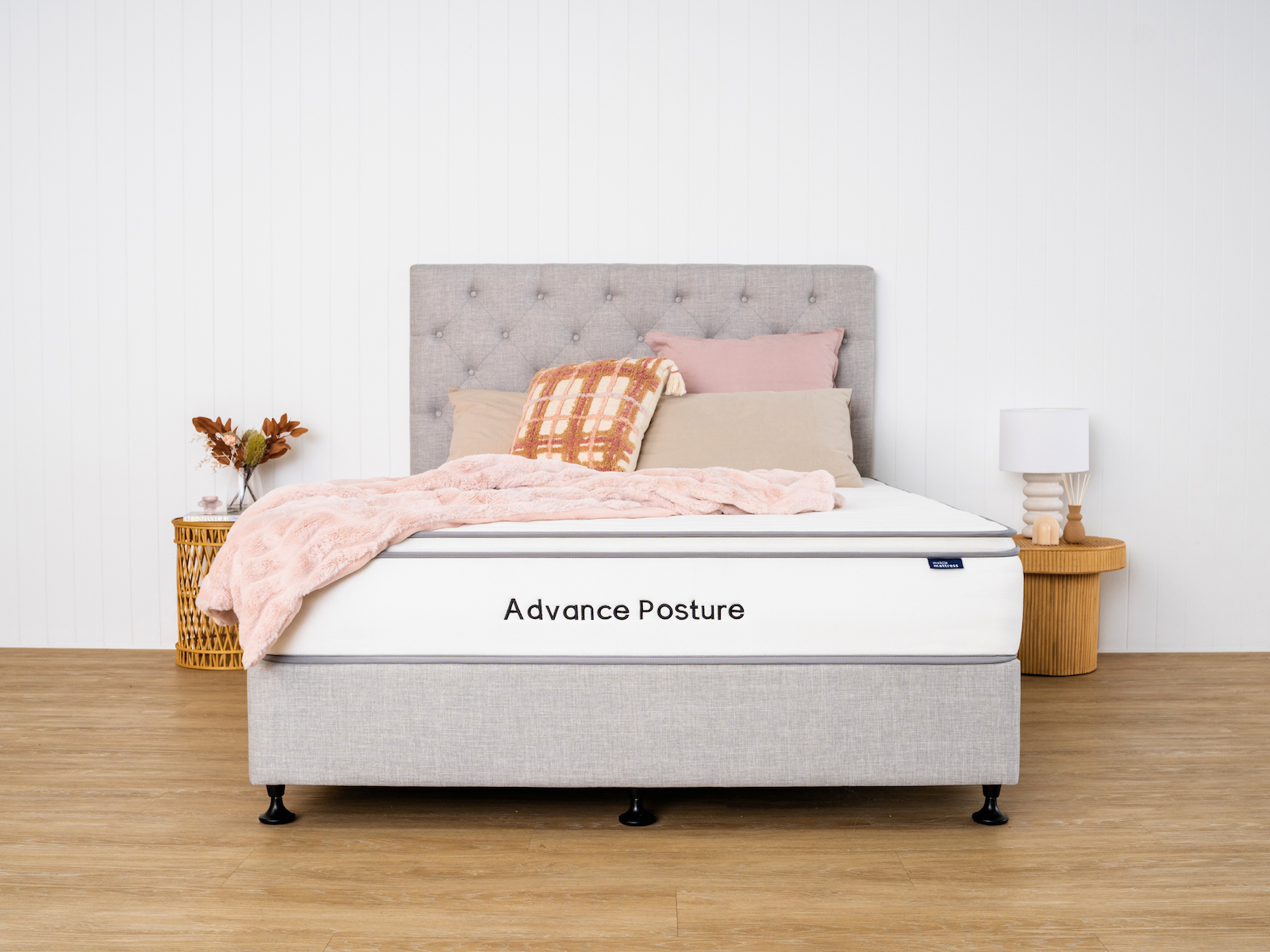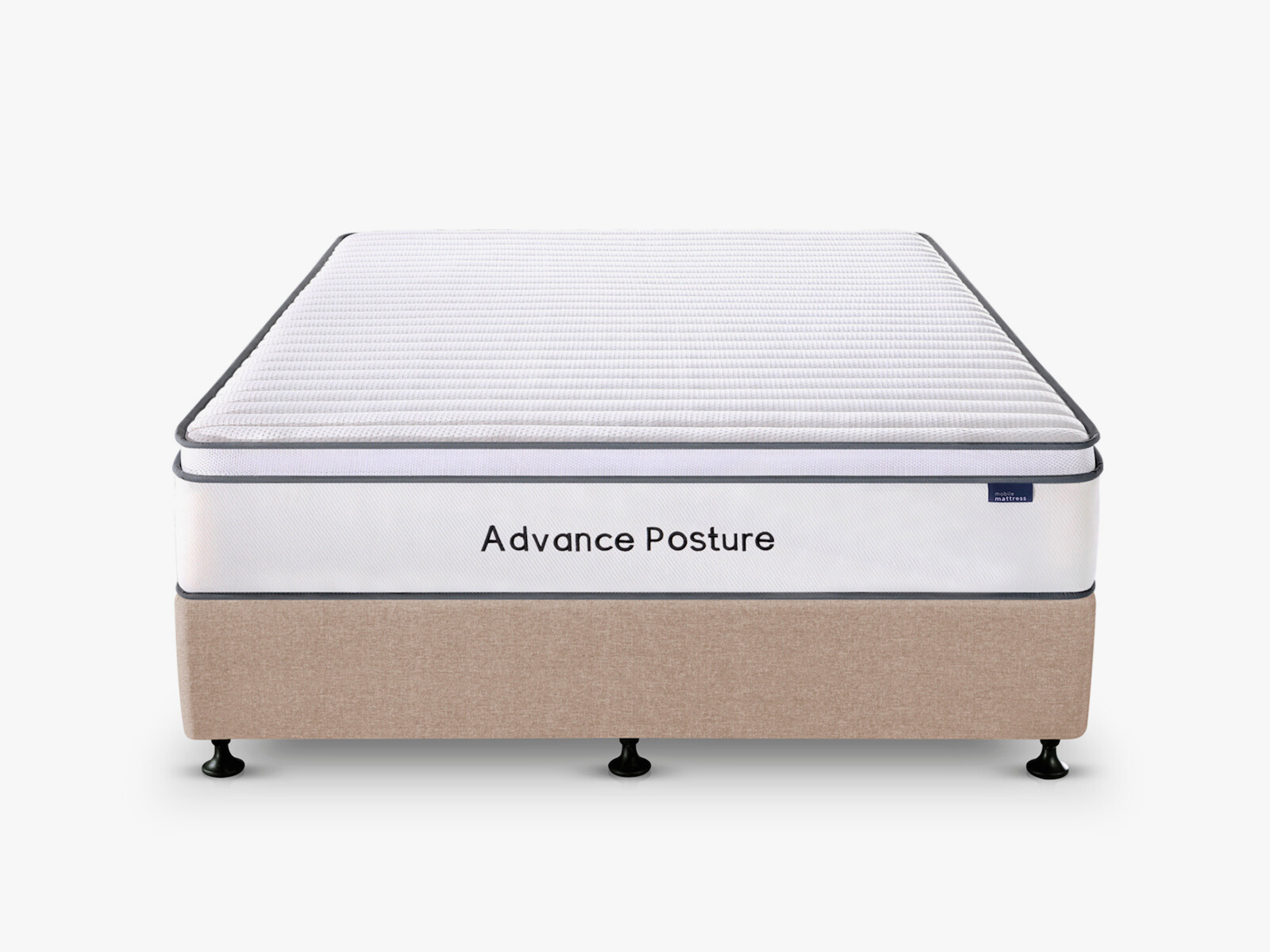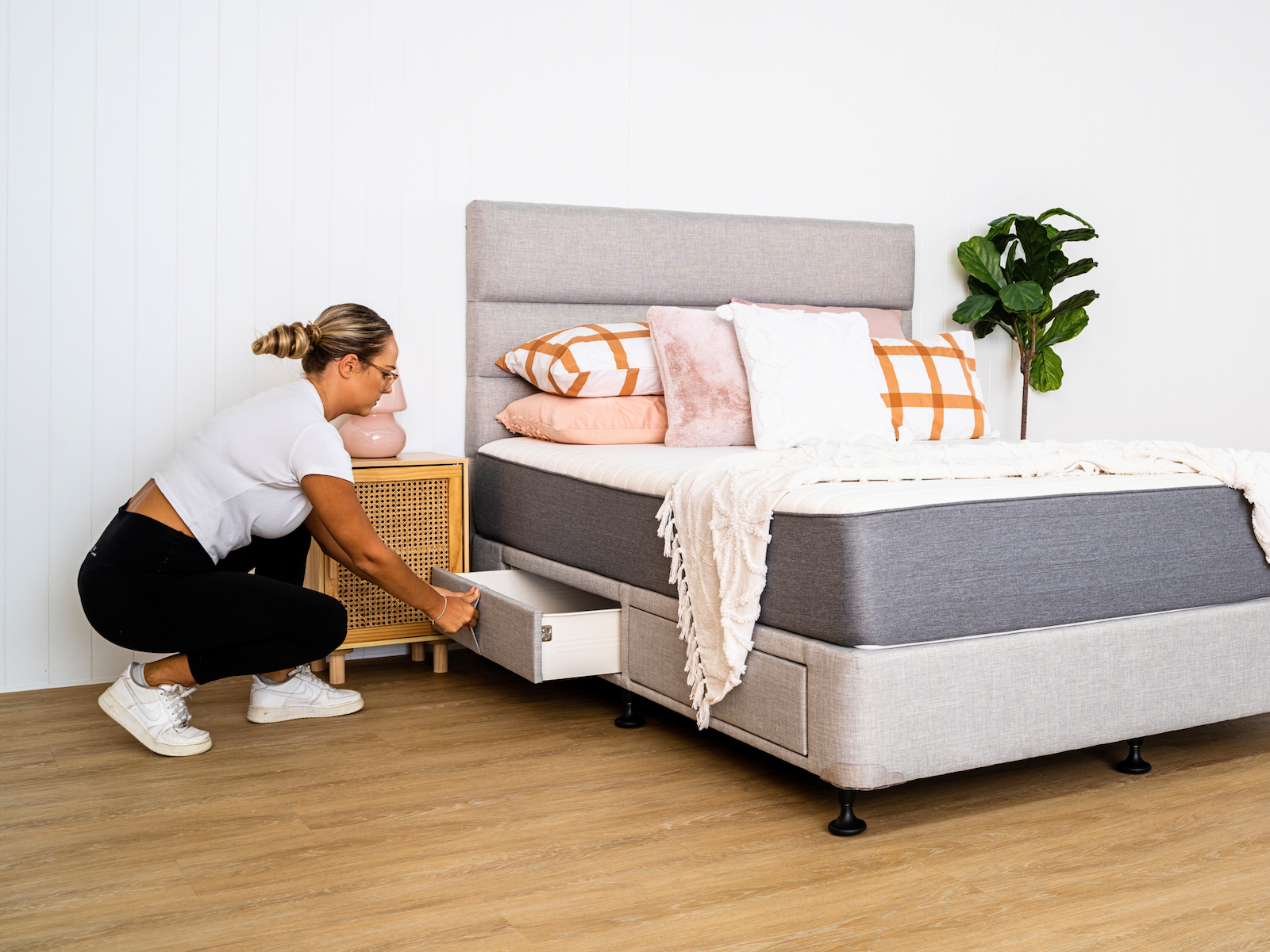That morning alarm we set the night before seems to come around quickly. Too soon for some. Especially if you’re a night owl who regularly pushes out the time to go to sleep to very late into the evening (or early morning.) They often struggle the most waking up the next morning, hitting the snooze button often. Allowing your mind and body to slowly wake up is fine. Hitting the snooze button, once, maybe twice, isn’t a bad thing. Falling back to sleep and becoming agitated by the snooze button on the other hand, isn’t a good habit. Or even worse, falling back into a deep slumber and sleeping through the delayed alarm! This is not going to help start your day in a positive way.
So why do we do it?
It could be a cold winter morning. Chilly mornings make it harder to leave the warmth of your bed and face getting ready for work or early morning exercise. It’s still dark AND the air temperature is fresh! Regular shift workers prepare in advance for their early morning starts by going to bed early enough to give them adequate sleep. The number of ‘adequate’ sleep hours varies from person to person. But health experts indicate the recommended sleep adults require is between 7 – 8 hours.
What are the medical benefits of sleep?
At some stage in our lives, we’ve all felt the effects of sleep deprivation, where it’s difficult to focus properly, and our attention span is markedly reduced. Lack of quality, sufficient sleep on a regular basis can negatively impact your physical health, emotional well-being, and safety.
Health experts suggest getting less than the recommended average hours of sleep over a long period of time can contribute to weight gain, cardiovascular risks, depression, seizures and high blood pressure.
American physiologist and sleep researcher Professor Nathaniel Kleitman began researching sleep in the 1930s. He recognised a cause-and-effect relationship with the amount of sleep to the speed and accuracy of cognitive performance. In 1948, after spending a fortnight in a submarine studying sailor’s sleep patterns, he discovered the sailors were more efficient if they did not split their shifts. Kleitman’s studies supported a person as being more effective if they followed a 24-hour cycle.
Hitting the snooze button again and again may indicate there’s not been enough restorative sleep – the deep sleep referred to as the REM state. Sleep is divided into two main phases: non-rapid eye movement and REM. Kleitman and one of his students, Eugene Aserinsky, were the first to discover rapid eye movement (REM) at the University of Chicago, in 1953. During REM - the deep sleep - the eyeballs swivel rapidly behind closed lids, indicating the sleeper is dreaming.
When in this REM state, according to an article by John Hopkins medicine, breath rate increases and the body becomes temporarily paralysed as we dream. The cycle then repeats itself, but with each cycle, less time is spent in the deeper stages and more time in REM sleep. On a typical night, we cycle through the stages, four or five times.
There are several substages of sleep, but REM, which is about the fourth stage of the sleep cycle, is an essential stage for brain function and mental health. It is when all information and learnings from the day are programmed into your memory to be recollected later. By failing to get enough shuteye, not only will you impact your capacity to recollect, but you may also lose the ability deal with any adversity that comes your way.
The emotional benefits of sleep
To better understand the role dreams play during REM, medical researchers use brain imaging machines. Utilising magnetic resonance imaging (MRI), they’ve found that during the deep sleep state is when the right side of the brain – the imaginative and creative side – is most engaged. Sir Paul McCartney’s famous song “Let it be” was created while he slept.

"I had a dream where my mother, who had been dead at that point for about 10 years, came to me in the dream. It was if she could see I was troubled. And she said to me, 'Let it be.’ I woke up and I remembered the dream and sat down and wrote the song using the feeling from that dream and of my mum coming to me in the dream."
The left side of the brain – the one that follows structures and rules - is also important in the creative process. The bottom line is, better sleep helps both sides of the brain function at its best.
10 Tips on how to snooze better and get GOOD quality sleep
-
Get in touch with your Circadian Rhythm – your internal body clock – and work with it, not against it. Your circadian rhythm is in tune with the environment. When its dark outside, your body begins to release melatonin* signalling its time to get ready for sleep. Go to bed when its dark and wake when its light.
- As you set your wake-up alarm the night before, establish a “good” reason for you to get out of bed. Setting a good intention, the night before, will psychologically help you be more motivated to stop hitting the snooze button in the morning.
-
Work out what are your “adequate” sleep hours and go to bed in time to reach that target. This will allow you to wake up feeling rested and ready to embrace the day ahead.
-
Invest in some blackout blinds. Having some light come into your bedroom in the morning will help you wake up. (Not always necessary during summer if you’re not quite ready to wake up at 4.30am.)
- If you are a light sleeper and are noise sensitive – use ear plugs.
-
Break the habit of screen time before bed! Stop looking at your phone / tablet / laptop / TV at least two hours before your bedtime. In fact, remove it from your bedroom – find a different alarm clock if you are relying on your smartphone to wake up. The blue light from the screens can fool your body into thinking it’s still daytime. This suppresses the release of *melatonin, a hormone produced by the pineal gland in the brain that helps you relax and fall asleep. Melatonin can be taken if you’re an insomniac or are jet-lagged. It can be purchased over the counter at your local pharmacy or talk to your GP about getting a melatonin prescription that suits your needs.
- Take a warm shower (not hot) before bed.
- Think about what you eat and drink before you go to bed – avoid caffeine in the late afternoon and evening. Even consider what time you’re drinking relaxing teas like chamomile, as these liquid drinks may wake you in the evening (to empty your bladder.)
- Try aromatherapy – spray lavender on the pillow or rub lavender essential oil on your pulse points: feet, temples and wrists – relaxing
- Do you share a bed with a partner? An American study showed one in three Americans report their bed partner disturbs their sleep. Sharing separate duvets may help or even getting a bigger bed. But if your partner snores badly, you may need heavy duty ear plugs or try sleeping in another room. Further reading on couples sleeping apart.



